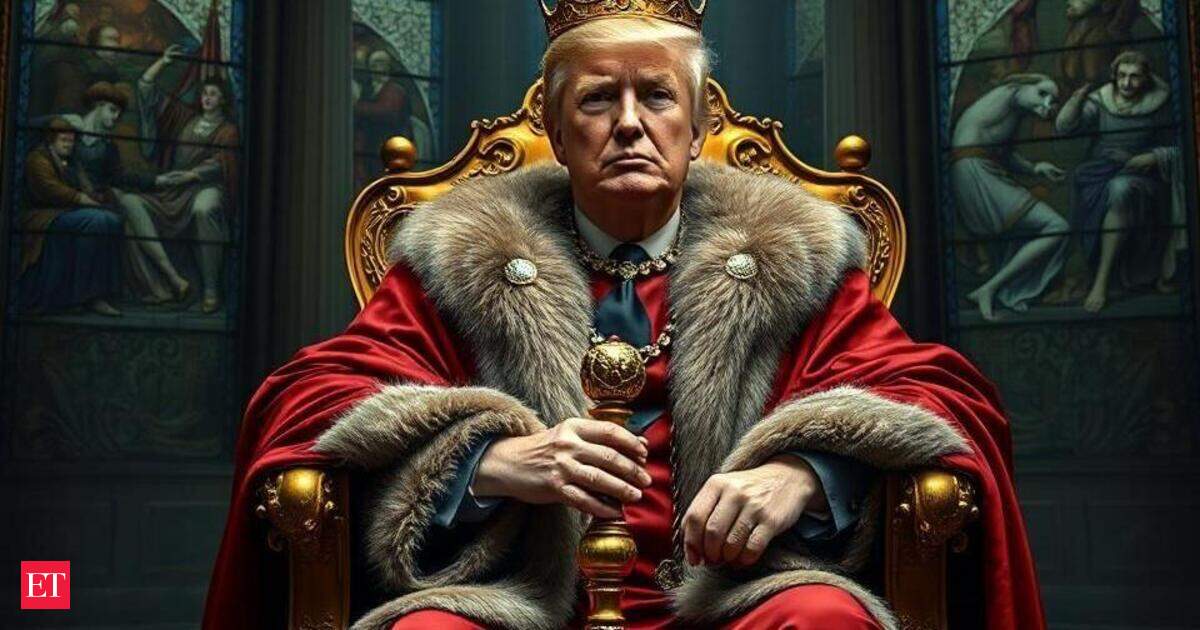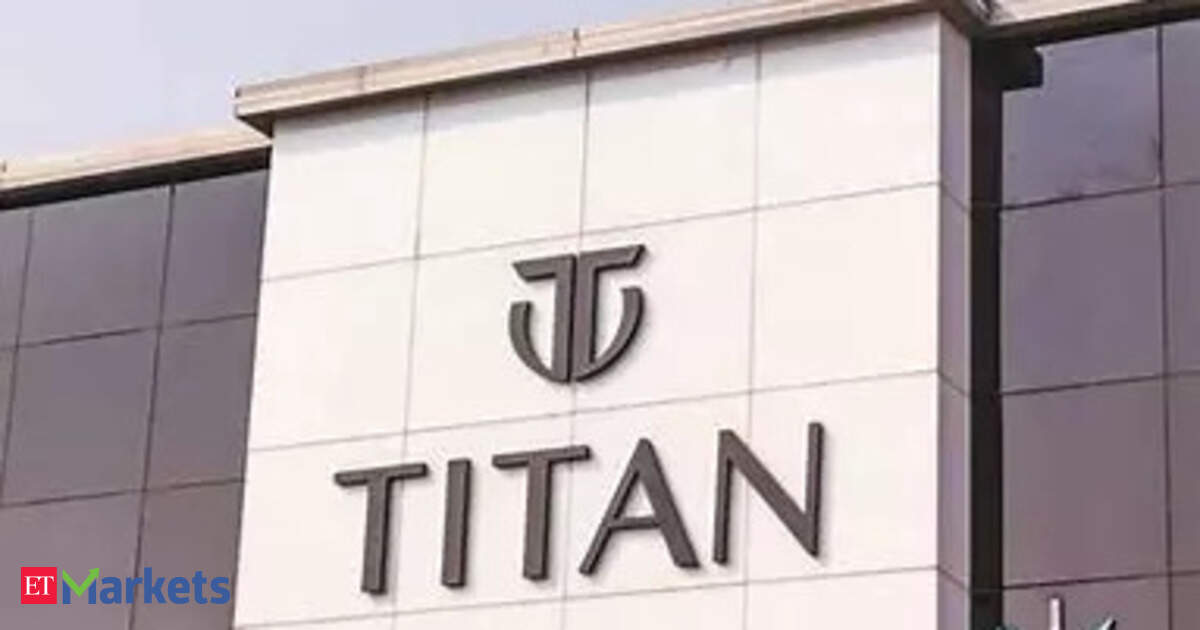Now Reading: US Defends 50% Tariff Move on India, Citing National Security
-
01
US Defends 50% Tariff Move on India, Citing National Security
US Defends 50% Tariff Move on India, Citing National Security

Quick Summary:
- The US recently imposed an additional 25% duty on Indian imports, citing India’s continued purchase of Russian oil. Combined with earlier tariffs, this brings the total to 50%.
- White House Trade Adviser Peter Navarro referred to India as the “maharaja of tariffs” and stated that this action is a “national security issue.” He argued that India’s funding of Russian oil indirectly supports Russia’s military actions in Ukraine.
- Navarro claimed American dollars spent on Indian goods are used by India to buy Russian oil, which funds Russia’s armaments against Ukraine. This creates a strain on American taxpayers who support Ukraine’s defense.
- the White House suggested India should explore alternative sources for oil and argued that it is indeed among the largest purchasers of Russian crude globally.
- A comparison was drawn between India and China; while china buys more Russian oil than India, it already faces substantial US tariffs exceeding 50%. navarro suggested further action against China depends on broader considerations.
- Indian Prime Minister Narendra Modi asserted that India’s economic choices prioritize farmers’ welfare and national interests, stating they will not compromise these priorities.
- India’s Ministry of External Affairs called these tariffs “unjustified and unreasonable” and affirmed measures will be taken to safeguard its economic security.
Indian Opinion Analysis:
The decision to impose heavy tariffs targeting Indian imports reflects escalating tensions in US-India trade relations amid geopolitical complexities around energy dependencies. While the US argues its stance aligns with national security concerns related to Russia’s war in Ukraine, India maintains its energy choices are driven by domestic priorities such as affordability for citizens and farmers’ welfare.
This progress could have significant implications for bilateral ties between two major democracies often aligned strategically but now at odds economically due to differing global agendas. The reiterated focus by New Delhi on safeguarding sovereignty over trade policies signals a potential long-term challenge in reconciling economic cooperation with political disagreements under shifting global power dynamics.
























